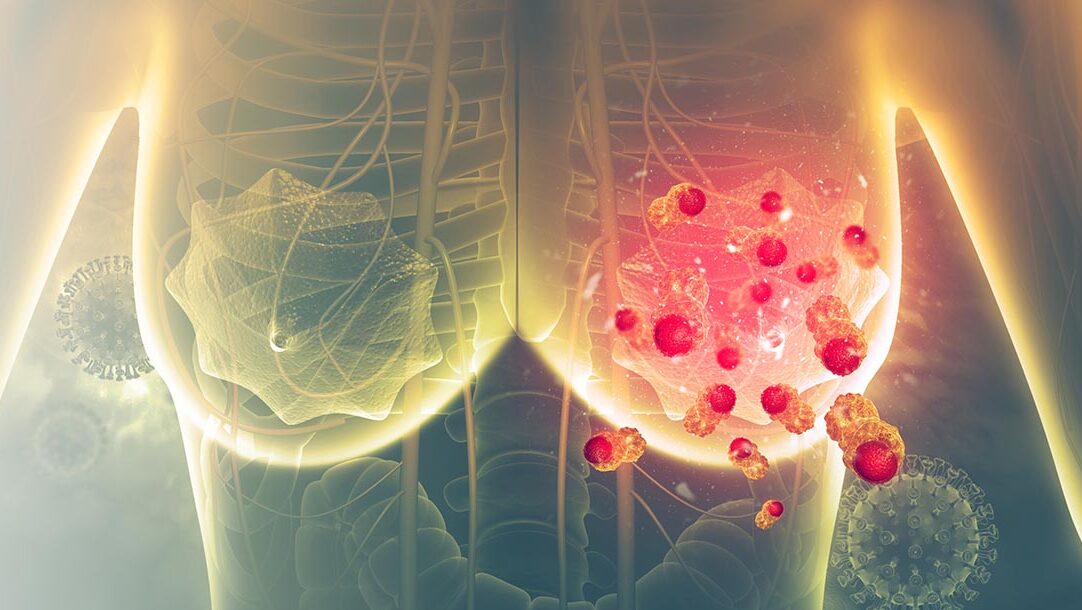Brittney Abernathy, Journal Manager at Frontiers in Nuclear Medicine, shared a post on LinkedIn:
“New Year means new research!
New Review: RAGE Signaling in Breast Cancer Progression and Metastasis
A fascinating scoping review by Coser et al. examines the critical role of the Receptor for Advanced Glycation End Products (RAGE) and its ligands in breast cancer progression.
Highlights:
RAGE activation by ligands (AGEs, HMGB1, S100 proteins) enhances downstream signaling pathways (PI3K/AKT, JAK/STAT, RAS/MAPK), promoting tumor growth and metastasis
Meta-analysis revealed RAGE rs1800624 polymorphism may increase breast cancer risk in Asian populations
High dietary AGE intake correlates with increased breast cancer risk and mortality, particularly in postmenopausal women
HMGB1-RAGE interaction promotes tumor microenvironment remodeling and cancer-associated fibroblast activation
S100 proteins (especially S100A4, S100A7, S100A8/A9) show promise as prognostic biomarkers
Therapeutic Implications:
RAGE antagonists (RP7, TTP488, FPS-ZM1) demonstrate potential in reducing TNBC metastasis
Targeting RAGE-ligand interactions could overcome therapy resistance
Monitoring AGE/sRAGE ratios may improve risk stratification
Given the complex interplay between RAGE signaling and the tumor microenvironment, could combining RAGE inhibitors with existing immunotherapies provide a breakthrough for treating aggressive breast cancer subtypes?
Read the full article here.”
RAGE and its ligands in breast cancer progression and metastasis
Authors: Madalina Coser et al.


